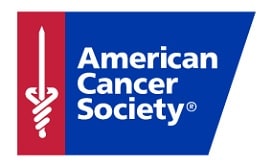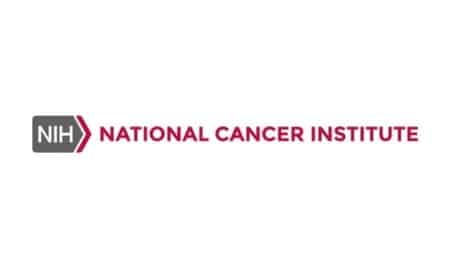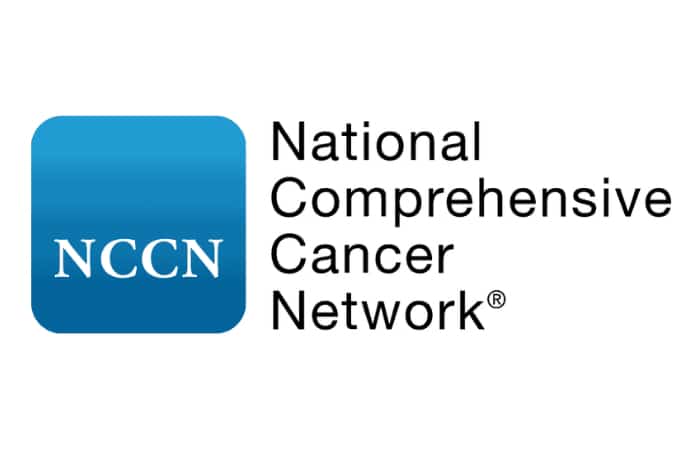Conventional cancer care
Conventional cancer care is treatment that is widely accepted and used by most healthcare professionals. Examples of conventional cancer treatments include chemotherapy, radiation therapy, immunotherapy and surgery.1Conventional treatment. National Cancer Institute. Viewed December 3, 2021.
Conventional cancer care is central to an integrative approach to cancer. It is critical in controlling and, when possible, eradicating cancer. Conventional care may be accompanied by complementaryin cancer care, complementary care involves the use of therapies intended to enhance or add to standard conventional treatments; examples include supplements, mind-body approaches such as yoga or psychosocial therapy, and acupuncture therapies and self-carelifestyle actions and behaviors that may impact cancer outcomes; examples include eating health-promoting foods, limiting alcohol, increasing physical activity, and managing stress practices. These can play a key role in reducing or managing the side effects of conventional treatment, allowing you to complete your treatment with a better quality of life. An integrative approach can also help you build your health during and after treatment.
Specialized professionals in conventional care
Within conventional medicine, many types of specialized professionals offer support beyond cancer treatment. Some of these professionals can receive specialized training and licensing related to cancer care. Many of these services are covered by medical insurance (check your policy).
- Medical doctors, including osteopathic physicians
- Nurses and physician assistants
- Palliative care professionals
- Social workers
- Chaplains
- Nutritionists
- Patient advocates ›
- Oncology navigators ›
- Physical therapists
- Psycho-oncologists
Professionals less likely to be covered by medical insurance:
- Fitness instructors
- Health and wellness coaches or counselors
A thoughtful approach to conventional care
Using conventional treatments skillfully is crucial to achieving your best outcomes. Your choices in conventional treatment are some of the most critical choices you will make. Yet the choices can be complex, especially when the treatments are not curative. Skillful use involves carefully researching your choices and advocating for yourself. We have resources to guide you.
Words of guidance
Read some words of inspiration and guidance on conventional care and the cancer journey from Michael Lerner, CancerChoices co-founder and author of Choices in Healing.
Learn more
Helpful links
References




